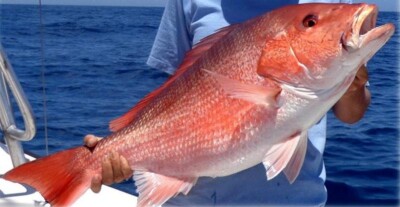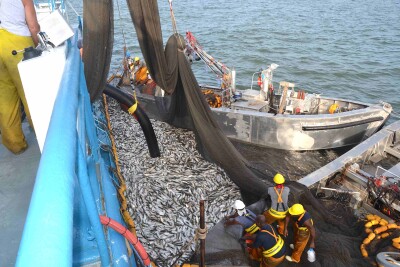Alaska and Washington, children of a common ancestor.
Long before Alaska gained statehood in 1959, Washington was economically and politically hitched to the last wilderness. When Sen. Warren Magnuson was defeated in 1980, the joke was given expression: Alaska had just lost its third senator, folks said.
Alaska's Bristol Bay fishery is a useful illustration of interwoven economies. The commercial sockeye salmon fishery is the most abundant and valuable on the planet, providing nearly half of the world's wild catch. Washington is a direct beneficiary, home to nearly 800 Bristol Bay commercial permits. This translates into more than 3,200 seasonal commercial fishing and seafood-processing jobs in Washington and $169 million in income to the Puget Sound region, according to a University of Alaska study prepared for the Bristol Bay Regional Seafood Development Association.
In 2010, the gamut from harvesting to processing was valued at $1.5 billion.
In Snohomish County, Bristol Bay is part of the local narrative: Fishing up north, salting away money for school or the down payment on a home. There are people like Everett's John Boggs who founded Deep Sea Fisheries in 1981. There are people like Chuck Carpenter, a lifelong Everett-ite who has fished in Bristol Bay for more than a decade. His son, Landon, crewed for Chuck and now runs his own boat.
All fear the proposed Pebble open-pit mine at Bristol Bay, threefold the size of Montana's infamous Anaconda mine. The scale and threat to the fishery has galvanized lawmakers, the seafood industry and Alaska natives who viscerally understand the potential for harm. In April, the EPA unveiled a revised watershed assessment that documents the fallout of a large scale mine development. (It ain't pretty.) The assessment is open for public comment until the end of the month, and a final assessment will be issued by the end of the year.
Read the full story at the Daily Herald>>






